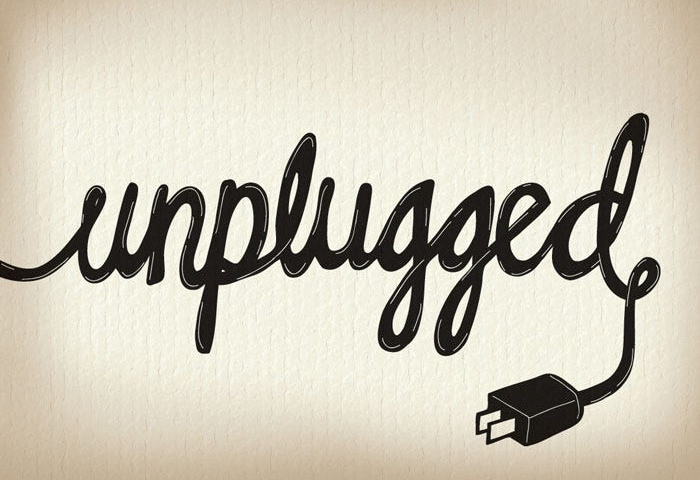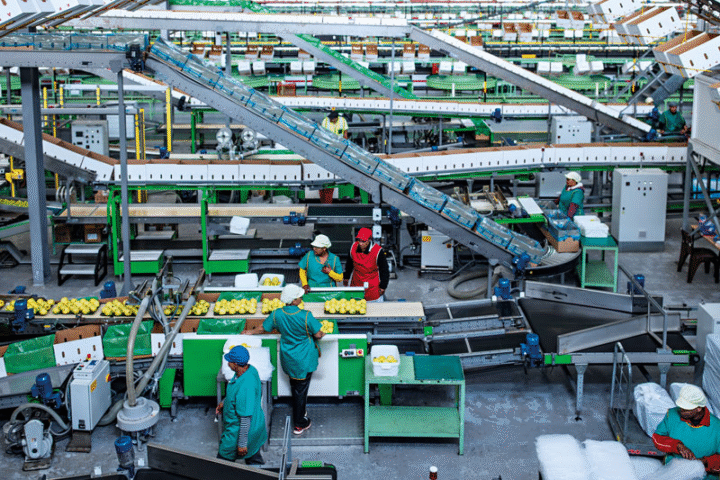Entrepreneurship in Africa is booming, but behind the success stories lies a growing crisis: chronic stress and burnout among business owners. This article explores the hidden pressures African entrepreneurs face and practical ways to cope.
In recent years, Africa has been heralded as a rising hub of entrepreneurship. From fintech startups in Lagos to agribusiness ventures in Nairobi, from fashion brands in Accra to renewable energy projects in Johannesburg, the continent is alive with innovation. Newspapers, blogs, and conferences often spotlight the success stories: the founders who raised millions in venture capital, the entrepreneurs who scaled small operations into global brands, the startups that disrupted entire industries.
Yet, behind these inspiring headlines lies a less glamorous truth. For every celebrated entrepreneur, there are countless others silently battling stress, anxiety, and burnout. Entrepreneurship in Africa is not just about innovation and opportunity; it is also about survival. Founders often juggle unstable economies, unreliable infrastructure, scarce funding, and societal pressures — all while working grueling hours to keep their businesses afloat.
The conversation around mental health and entrepreneurship has begun to gain traction in the West, but in Africa it remains underexplored. Cultural stigma, lack of resources, and the perception that resilience means silence all contribute to the neglect of this issue. But ignoring it comes at a cost. Chronic stress doesn’t just harm individuals; it weakens the businesses and ecosystems they are building.
This article dives deep into the silent stress epidemic among African entrepreneurs — unpacking its causes, its consequences, and the strategies entrepreneurs are using to cope and thrive.
The Hidden Pressures of Building a Business in Africa
Starting and sustaining a business is difficult anywhere, but African entrepreneurs face a unique set of challenges that magnify stress.
Economic Uncertainty
Currencies fluctuate wildly. In Nigeria, for example, the naira’s volatility means that the same amount of revenue can be worth dramatically different amounts from one month to the next. Inflation eats into profits, making long-term planning nearly impossible. Entrepreneurs must spend time not only running their businesses but also constantly strategizing around exchange rates, costs, and market unpredictability.
Infrastructure Gaps
Power outages, unreliable internet, and poor transport systems are not just inconveniences; they are business risks. A tech startup in Lagos may have an innovative idea but spend hours every week dealing with electricity shortages. A logistics company in Nairobi might promise timely deliveries but struggle with poor roads. These challenges place added stress on founders who must innovate not just in their products but also in how they navigate basic infrastructure gaps.
Limited Access to Funding
While venture capital is growing in Africa, it is still concentrated in certain sectors and countries. Many entrepreneurs bootstrap, relying on personal savings, family contributions, or informal loans. The pressure to stretch limited resources while competing with better-funded peers adds emotional strain.
Societal and Familial Expectations
In many African societies, entrepreneurship is not only a personal journey but also a collective responsibility. A founder is often expected to provide for extended family members or employ people in their community. This creates an additional layer of pressure — success is not just personal but communal, and failure feels like letting everyone down.
The Toll on Mental and Physical Health
The cumulative effect of these pressures is significant. Stress manifests in both mental and physical ways, often with devastating consequences.
Mental Strain
Entrepreneurs report chronic anxiety, difficulty sleeping, and feelings of isolation. Unlike corporate jobs, where roles and responsibilities are more defined, entrepreneurs often carry every burden alone — from product development to marketing to customer complaints. The uncertainty of not knowing whether their efforts will pay off compounds the psychological load.
Burnout
Long working hours with minimal rest are common. A founder trying to scale a startup may work 16-hour days, seven days a week, for months on end. Over time, this constant hustle leads to burnout — a state of physical and emotional exhaustion that saps creativity and motivation.
Physical Health Decline
Stress doesn’t just stay in the mind. Many entrepreneurs report headaches, back pain, and high blood pressure. Poor diets, lack of exercise, and inadequate sleep worsen the problem. Since many African health systems are already stretched, entrepreneurs often ignore their symptoms until they escalate into more serious conditions.
The Cultural Silence Around Stress
One of the reasons the stress epidemic remains underreported is cultural attitudes toward mental health. In many African contexts, stress and burnout are not seen as medical or psychological issues but as signs of weakness. Entrepreneurs are expected to embody resilience, and admitting to stress can be interpreted as failure.
This stigma discourages open conversations. Entrepreneurs often hide their struggles, projecting confidence to investors, employees, and family members while privately suffering. Unlike in some Western ecosystems where startup founders openly discuss “founder depression,” African entrepreneurs often lack safe spaces to share their experiences.
Religious and cultural norms also play a role. Some entrepreneurs turn to prayer and faith — which can be a source of strength — but may also be encouraged to simply “trust God” rather than seek therapy or medical help. This cultural silence means that stress remains unacknowledged until it becomes unmanageable.
Coping Strategies Entrepreneurs Are Adopting
Despite these challenges, many African entrepreneurs are finding ways to cope. The strategies vary from personal habits to collective initiatives, but all reflect a growing recognition that mental and physical health cannot be ignored.
Building Support Networks
Entrepreneurial communities are emerging in cities across the continent. Coworking spaces, WhatsApp groups, and accelerator programs not only provide business resources but also emotional support. Sharing experiences with peers facing similar struggles reduces isolation and normalizes discussions about stress.
Time Management and Boundaries
Some entrepreneurs are learning to set boundaries, carving out time for rest, family, and exercise. Instead of working endlessly, they structure their days with clear schedules and delegate responsibilities where possible. While delegation is difficult for bootstrapped businesses, those who succeed in doing so report reduced stress and increased focus.
Therapy and Coaching
Though still stigmatized, therapy is gaining slow acceptance among Africa’s middle class. Entrepreneurs in urban centers like Lagos, Nairobi, and Johannesburg increasingly seek counseling, life coaching, or mentorship to manage stress. Startups are also emerging in the mental health space, offering accessible online therapy sessions tailored to local contexts.
Leveraging Technology
Digital tools are also helping. Meditation apps, fitness trackers, and time management software are becoming part of entrepreneurs’ coping toolkits. Some join virtual accountability groups where members check in on each other’s goals, ensuring a healthier balance between work and well-being.
Why Addressing Stress Matters for Africa’s Future
The silent stress epidemic among entrepreneurs is not just a personal issue; it has systemic implications. Businesses are the engines of African economies. When entrepreneurs burn out, the ripple effects include stalled startups, lost jobs, and weakened innovation ecosystems.
Addressing this issue is therefore critical for sustainable development. Governments, investors, and accelerators must recognize that supporting entrepreneurs goes beyond funding and infrastructure. Mental health resources, wellness programs, and policies that encourage work-life balance are equally important.
If African entrepreneurship is to continue driving growth, it must also be sustainable for the people behind the businesses. A continent cannot thrive on the creativity of entrepreneurs who are burning out in silence.
Conclusion
Entrepreneurship in Africa is often celebrated for its resilience, innovation, and impact. But beneath the success stories lies a hidden crisis: the mental and physical toll of constant stress. Nigerian fintech founders, Kenyan agripreneurs, Ghanaian fashion designers — all share similar struggles of balancing ambition with survival in difficult conditions.
The good news is that awareness is growing. Support networks, therapy, technology, and changing cultural attitudes are gradually breaking the silence. But much work remains to be done.
For now, the lesson is clear: Africa’s entrepreneurial spirit is powerful, but it must be protected. Addressing the silent stress epidemic is not only a matter of compassion; it is an investment in the future of African business itself.














